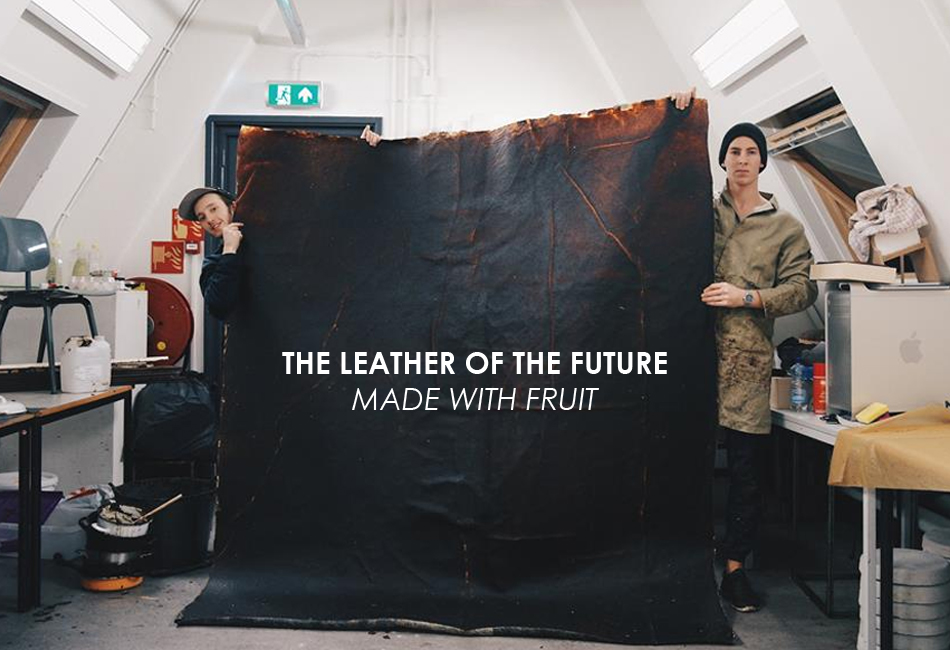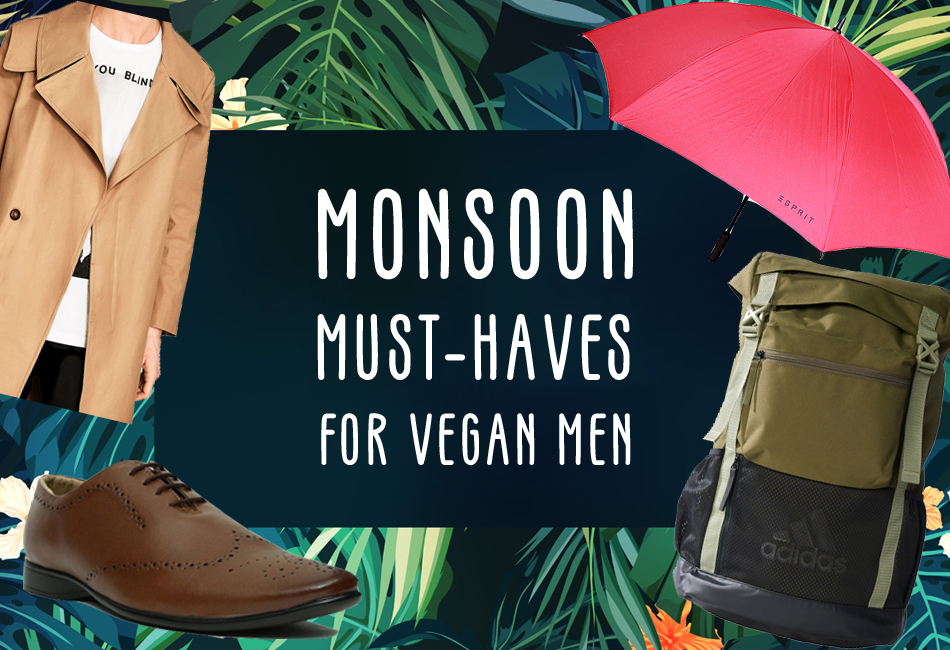Download Free Vegan Starter Kit -

The Irony Of ‘Sustainable’ Fast Fashion
Fast fashion giants such as H&M, Nike, Adidas, Reebok, and Zara have made headlines in the past year for their sustainability efforts. These brands have been launching sustainable collections and products made from recycled and innovative materials.
H&M, for example, offers a Conscious Collection where some percentage of all apparel is made with eco-friendly materials, including recycled polyester. Like Zara’s parent company Inditex, H&M also launched a sustainability initiative wherein customers can donate their old garments for recycling in return for a discount coupon.
Many brands have been exploring vegan and sustainable material innovations as well. Moreover, Zara and H&M use recyclable packaging, which is again a significant step to tackle plastic pollution.
Sportswear brands such as Nike and Adidas have pledged to adopt more environmentally-conscious practices and the latter has even claimed to use only recycled plastic from 2024 onwards. Luxury brands are not falling behind either. In February, the French bag brand Hermes launched a version of their leather bag in vegan mushroom leather, and Stella McCarteney launched the world's clothing from mushroom leather.
Most of these big names are observing the surge in demand for sustainable fashion and adapting to this era of climate emergency.

Adidas' Mycelium Shoes
However, the question remains: can fast fashion ever be fully sustainable?
Being the second largest polluter in the world, the fashion industry is responsible for annual carbon emissions amounting to 1.2 billion tonnes, 10% of total greenhouse emissions, as per the World Bank in 2019. It is also the culprit of 20% of industrial water pollution.
Globally, this industry values at $2.4 billion and ranks third out of the largest manufacturing sectors.
.png)
Source: Statista
Can fast fashion giants conflating themselves with sustainable fashion be misleading for the consumer?
Often, these brands that market themselves as environmentally conscious are responsible for a large amount of ecological damage. H&M, for example, promotes itself as a brand dedicated to environmental issues. While that may be true, considering their recent initiatives and their active statements to make their practices more eco-friendly, its Conscious Collection still accounts for a very small percentage of its entire range - possibly less than 10%.
Such marketing techniques tend to inflate how sustainable the brands’ practices actually are.
.png)
Elisabeth Lier Haugseth, the Director of the Norweigan Consumer Authority (CA), has opined on H&M’s sustainability initiatives.
Moreover, she acknowledges the responsibility of a conscious consumer to not be misguided by seemingly green labels.
But Is It All Greenwashing?
While Haugseth called H&M’s claims “misleading”, she emphasizes that the CA does not completely disregard these sustainable practices as empty promises.
"The focus should be on what your company is actually doing to be more sustainable, and refrain from using general terms such as 'sustainable', 'environmentally friendly' and 'green'," she adds.
Efforts to be sustainable by fast fashion brands are not in vain, as they are adopting some eco-friendly practices and promoting innovative materials. While the presence of such materials may be scarce, it is still a start. The fast fashion industry is currently testing the waters, and these individual sustainable launches need to be given due credit.
At the same time, most conscious consumers are aware of the impact of the fashion industry and the need to limit their consumption of fast fashion. However, how many of us who have been talking about hemp textiles and zero waste fashion are actually willing to pay a premium to buy a shirt which costs about 3000-6000 rupees, as opposed to an 800 rupees shirt from a fast fashion brand?
.png)
A consumer’s decision relies on a number of factors, including but not limited to accessibility of reasonably-priced sustainable options.
Stephanie Downs, Co-Founder of Material Innovation Initiative, comments:
"Fast fashion has led to unprecedented levels of waste in the fashion industry. But consumers can’t be blamed for buying the most affordable and readily available options. Even if we woke up tomorrow and every consumer decided to stop buying new clothes, it wouldn’t change the fact that unsustainable materials are used across a wide array of industries well beyond fashion. We need to fundamentally rethink material sourcing and production technology to make the more sustainable choice, the default choice.”
What Is The Future of Sustainability In Fashion?
“In MII’s [Material Innovation Initiative] discussions with brands, from luxury to mainstream, we have found that all brands are genuinely concerned about their environmental impact and working to improve,” states Downs. “As more next-gen materials come to market at scale, you will see the availability of more sustainable garments significantly increase. Both the consumer and brands are ready for this change.”
This is definitely a step in the right direction. Whether fashion will ever be truly sustainable is a question which is difficult to answer at a time when the industry is still fairly new to the concept.
At the end of the day, as conscious consumers, it is crucial to notice brand positioning and be wary of marketing tactics. Sustainability being promoted by an influential name is impactful, but being aware of the grimmer reality is necessary to make an informed decision. Nevertheless, small individual choices do make a difference in augmenting demand for sustainable options in every industry, and fashion is no exception.
AUTHOR

trending
Be a Vegan First Informer
Send us buzzworthy news and updates
related
Explore
Contact Us
About Us
Stay Connected
Copyright ⓒ 2017-2023. VEGAN PASSION PRIVATE LIMITED. All Rights reserved.
For more information, please write to hello@veganfirst.com
Registered Office Address: 55, 2nd floor, lane 2, Westend Marg, Saidullajab, Near Saket Metro Station, New Delhi, Gadaipur, New Delhi South West Delhi, DL

2.png)

.png)

.png)
2.png)
2.png)
2.png)


1.png)









